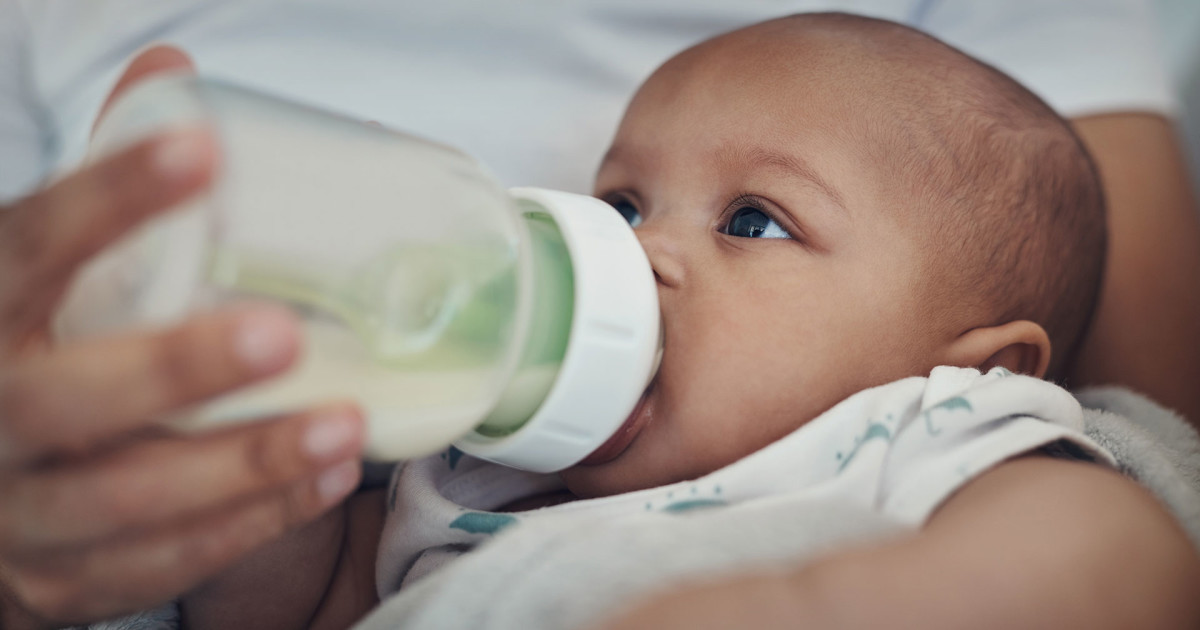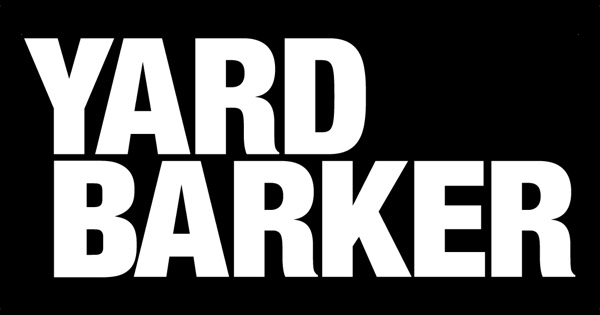Copyright The Street

The baby formula market is dominated by a handful of companies, including Abbott Labs, Mead Johnson, and Nestle. Together, these companies account for more than 80% of the infant formula market in the U.S., according to data compiled by the Federal Trade Commission (FTC). When a company that makes products for the most vulnerable Americans faces a product recall, whether it’s a car seat, crib, or stroller, parents are justifiably worried. Now, a company that has been selling baby formula for less than five years and accounts for just 1% of the market faces a big problem no company wants. ByHeart, which launched in 2021, is recalling batches of its “Whole Nutrition Infant Formula” because some of the product may be contaminated with Clostridium botulinum, the bacteria that cause infant botulism. ByHeart was notified by the FDA on November 7, 2025 of an estimated 83 cases of infant botulism that have been reported nationwide since August 2025. Of these cases, the FDA noted that 13 infants received ByHeart formula at some point. The FDA issued a voluntary recall for the ByHeart formula on November 8, 2025. Baby formula products being recalled Name: ByHeart Whole Nutrition Infant Formula Batch Code: 251261P2 UPC: 5004496800 Use by date: December 1, 2025 Where the product was sold: The potentially contaminated formula was sold in Arizona, California, Illinois, Minnesota, New Jersey, Oregon, Pennsylvania, Rhode Island, Texas, and Washington. ByHeart baby formula recall details The company has voluntarily recalled the lots listed here, and the U.S. Food and Drug Administration (FDA) and the Centers for Disease Control and Prevention (CDC) are investigating the source of contamination and whether other lots may be affected, as reported by AP News. The illness in question is infant botulism, caused when spores of the bacterium Clostridium botulinum germinate in a baby’s large intestine and produce toxins. Symptoms may include weak muscle tone, difficulty feeding, loss of head control, swallowing difficulties and respiratory compromise. Symptoms may take several weeks to appear, according to the Centers for Disease Control (CDC). ByHeart has emphasized that, so far, no toxins have been confirmed in its product, but the company is issuing a recall “out of an abundance of caution.” Meanwhile, the FDA has said it is collecting leftover product for testing and working to determine the contamination point. Consumer and supply‑chain implications of recalls For parents and caregivers, the immediate directive is clear. Check container lot codes for the affected numbers; if you purchased those lots, stop using the product, document the lot number, return or dispose of the container, and clean any surfaces that contacted the formula. Seek medical attention if any symptoms of botulism poisoning appear. From a business and industry vantage point, the episode rolls into broader concerns around the U.S. infant‑formula market, since supplies are highly concentrated, with just a few manufacturers servicing most of the market. This means even small‑scale disruption can have broad ripple effects. For example, preceding this event, the U.S. experienced major formula outages when Abbott Laboratories recalled dozens of lots in February 2022 due to possible Cronobacter sakazakii contamination at a key facility, according to TechTarget, which has written about how the FDA is working to reduce risks of contamination. Although ByHeart itself is a smaller player, the recall may nevertheless prompt greater scrutiny of the entire infant‑nutrition supply chain — including manufacturing safeguards, import controls, lot‑tracking systems, and regulatory inspections. The FDA had already expanded its oversight after the prior recall emergency, according to the FDA website. Risks for manufacturers and retailers involved in product recalls For ByHeart, the recall poses reputational risk, potential liability (though no link has yet been legally established), and operational disruption. If additional contamination is confirmed or the investigation finds systemic issues, the financial and regulatory consequences could widen. For retailers and supply-chain partners, the recall may trigger product-return and disposal costs, potential markdowns, and increased audit and logistics burdens. More on retail and bankruptcy: Walmart store closing, auctioning off laptops and flat screen TVs Home Depot CEO soundWalmart store closing, auctioning off laptops and flat screen TVs – TheStreets the alarm on a growing problem Famous restaurant files for Chapter 11 bankruptcy Even as the product in question represented only about 1% of the market, public‑health concerns could prompt substitution or brand‑switching behavior among cautious caregivers. What may happen after ByHeart baby formula recall: The FDA or CDC may link the contamination definitively to the product or the manufacturing environment, which could lead to further enforcement actions or a recall expansion. Given the hospitalizations, there is a risk of a class-action lawsuit against the manufacturer, although no deaths have been reported. This recall serves as a reminder that even relatively small players in tightly regulated consumer‑health categories can trigger major disruptions — especially when the product addresses the most vulnerable population, infants. To report an illness or adverse event, consumers can: Call an FDA Consumer Complaint Coordinator to speak directly to a person. Complete an electronic Voluntary MedWatch form online. Complete a paper Voluntary MedWatch form that can be mailed to the FDA.



